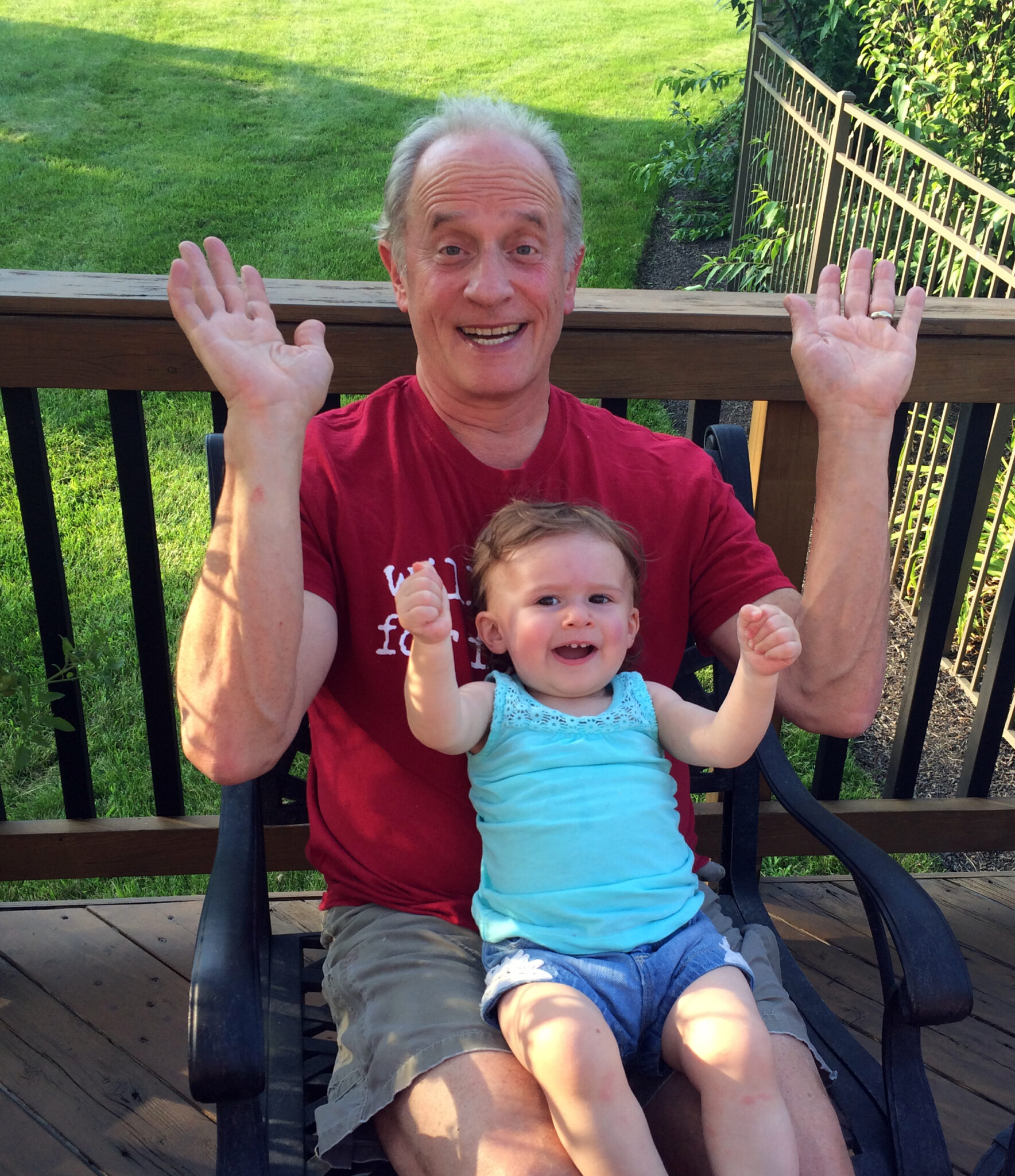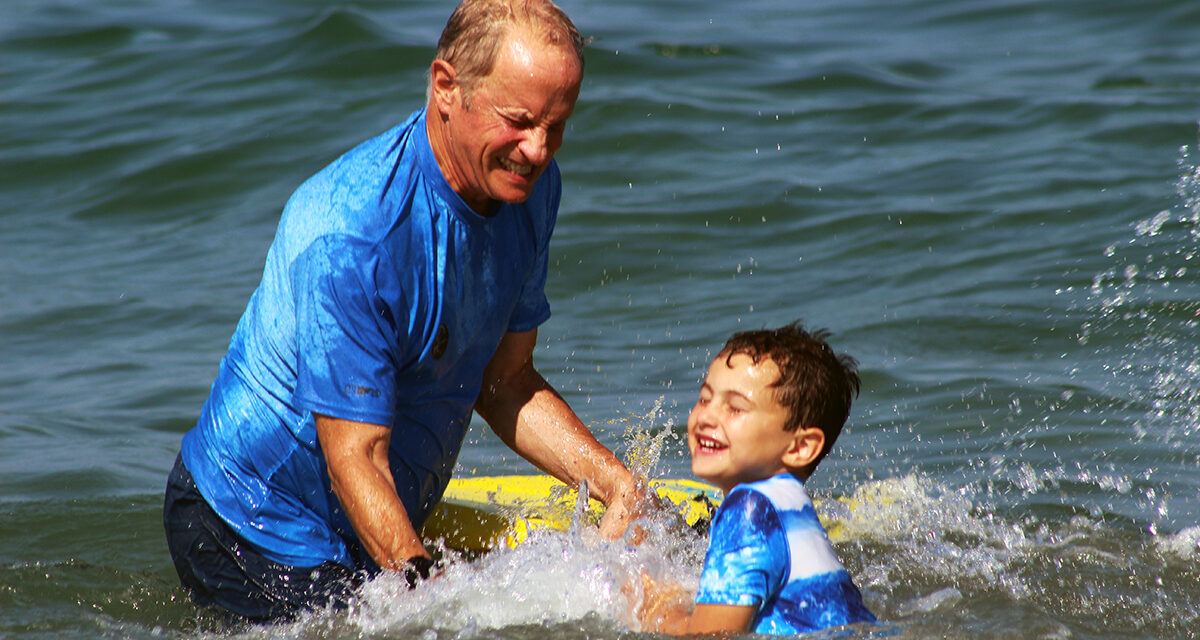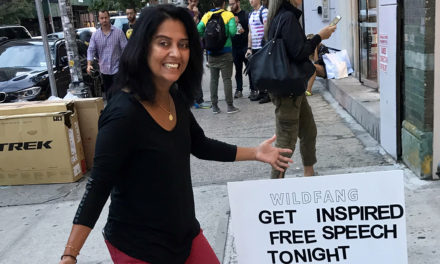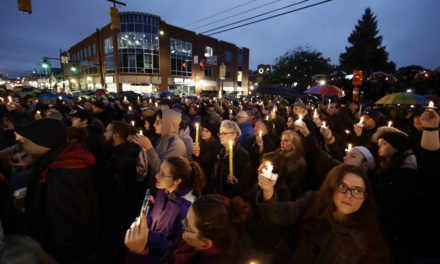During this frightening time for the world and especially uncertain times for kids, laughter is the best medicine.
Long, long before the life-threatening worries of COVID-19 darkened our world, I had a vice that reliably buoyed me up even during the deepest moments of despair. If I was lonely, stressed over my career, finances, or the state of the world at large, I found profound relief by immersing myself in every conceivable form of humor—favorite comics strips, funny books, movies, recordings, plays, TV shows, and cartoons.
Humor has been my drug of choice since my own childhood, and that addiction was so strong that it morphed into my chosen profession as a humorous illustrator, humor writer, and children’s book author/illustrator. And healthy helpings of laughter are still a staple in my life. My preferred “sleeping pill” at night are YouTube clips of old Mr. Bean or Laurel and Hardy bits, and collections of work fails and news anchor bloopers. I’m usually asleep five minutes after shutting down my tablet.
While we weren’t dealing with a global pandemic in the early 1950s, my generation experienced a wide array of stresses. We grew up with racial strife, anti-Communist paranoia, and the Cuban Missile Crisis. We didn’t have active shooter drills, but we practiced “duck and cover” in case of a nuclear strike every few weeks. By the age of 15, I’d witnessed the assassinations of JFK, Martin Luther King, and Bobby Kennedy, and the profoundly divisive Vietnam War was ramping up in earnest.
But these days, when I look at my grandchildren’s faces (the parts I can see when they’re not masked up), I can’t help but feel overwhelmed by the ballooning angst-inducing pressures they live with every day. It makes me cringe when I think about it. I wonder how they manage to cope with the scary uncertainties of the pandemic, an often-menacing social media environment, the routine rehearsals for school shooting events, and a tsunami of deeply troubling news that even scrupulous parents can’t block entirely.
So how can we as parents, relatives, teachers, and other caretakers help our young people through this historically challenging moment?
For me, more giggles, chuckles, and belly laughs are an essential part of the answer. It’s well established that laughter is good for our health, especially in our newly developing brains and bodies. Humor is a potent weapon against anxiety. It’s a tool for humans to diminish the scariness of circumstances that seem beyond our control, of taking power away from the monsters underneath our beds. A good laugh releases endorphins in the brain, gives our organs a workout and a bump of oxygen, lowers stress hormone levels, relieves pain (physical and emotional), and generally improves our mood. Shared laughter in group settings helps promote social bonding.
In 1979, journalist Norman Cousins published “Anatomy of an Illness,” describing his use of laughter and optimism in combatting his severe and life-threatening degenerative collagen illness. Bedridden, Cousins began “treating” himself with large doses of Charlie Chaplin films. His condition began to improve significantly. He reported that 10 minutes of belly laughs gave him two hours of unmedicated deep sleep. Within six months Cousins was back on his feet, and after two years he returned to his full-time job at the Saturday Review. He quipped, “Laughter is inner jogging.”
I believe creating opportunities for children and adolescents to laugh goes far, far beyond mere diversion. In the joy-draining world young people inhabit, this is a crucial mental health tool. Naturally, no amount of laughter is going to make our topsy-turvy world suddenly seem tame. But if you can help your children make humor a significant portion of their emotional diet, there’s an excellent chance they’ll meet whatever comes their way with a more positive mindset.
I defer to Mark Twain, who said it best. “Humor is mankind’s greatest blessing.” Share it generously with your kids.
Encouraging children and adolescents to laugh goes far, far beyond mere diversion. In the joy-draining world young people inhabit, this is a crucial mental health tool.


Children’s book author Andy Myer recently published Sometimes You Find a Red Rhinoceros, which he hopes makes your kids laugh.






